speakers Tuesday 31 January
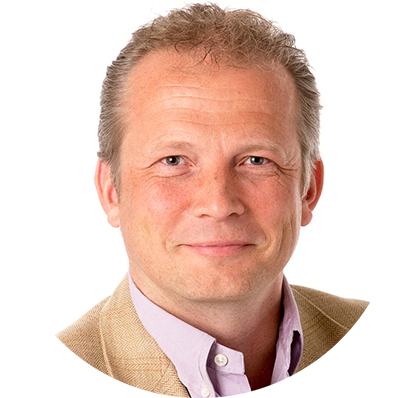
Miikka Vikkula
Professor of Human Genetics and Co-Director at
de Duve Institute, University of Louvain (UCLouvain), Brussels, Belgium
Miikka Vikkula obtained the M.D. degree at the University of Helsinki in 1992 and Ph.D. in molecular genetics, in 1993. He was a Research Associate at Harvard Medical School 1993-1997, during which time he became interested in vascular and lymphatic anomalies. With his wife, Prof Laurence M. Boon, Plastic Surgeon, Co-ordinator of the Vascular Anomaly Center, Brussels, the couple discovered the gene for familial venous malformation in 1996, and since then many others. They settled in Brussels in 1997, where Dr Vikkula developed his own laboratory. He obtained a thèse d’aggrégation / “docentship PhD” in 2000 from UCLouvain, and was nominated Assistant Professor at the Faculty of Medicine. He is a member of the Directorate of the de Duve Institute since 2004, and a full professor of Human Genetics since 2013. He has received numerous honours and awards, including the Inbev-Baillet Latour Clinical Prize in 2013, and the first Belgian Generet Award for rare disease research 2019. He is a Member of the Royal Belgian Academy of Medecine since 2012. Prof Vikkula’s research led to the identification of first somatic mutations as explanation for sporadically occurring vascular anomalies, generation of first ever animal model for vascular malformations, and proof of concept treatment with small molecular inhibitors. Clinical trials are now being conducted with various molecules in various countries.
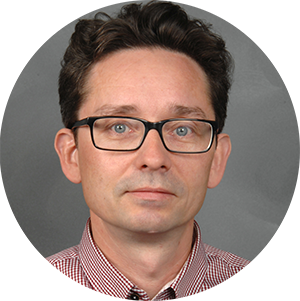
Lauri Eklund
Professor of Molecular Biochemistry at the University of Oulu, Finland
Lauri Eklund received PhD in Medical Biochemistry in 2001 at University of Oulu, Finland and did his postdoctoral training at Harvard Medical School in Boston, MA, USA. Currently he is Professor in Molecular Biochemistry and research group leader in the Faculty of Biochemistry and Molecular Medicine in the University of Oulu. Eklund’s laboratory has a special interest on endothelial cell and extracellular matrix biology and pathophysiology of vascular anomalies. Eklund has identified mechanisms for endothelial, perivascular cell and matrix interplay to control vascular integrity and morphogenesis and he has contributed to the identification of signaling pathways and target molecules for the development of new treatment strategies for vascular diseases.
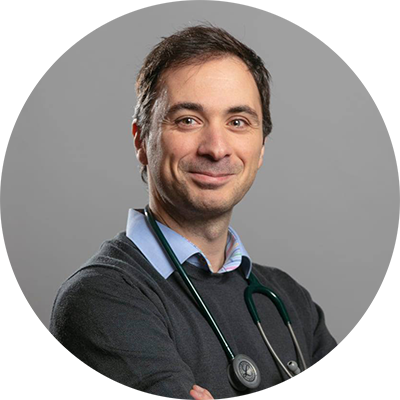
Emmanuel Seront
Medical oncologist at Cliniques universitaires Saint Luc, Brussels, Belgium
Emmanuel Seront is a medical oncologist with a PhD about mTOR signaling in cancer. He works in Cliniques universitaires Saint Luc, Brussels in the Centre de Malformations Vasculaires with Prof Laurence Boon and Prof Miikka Vikkula.
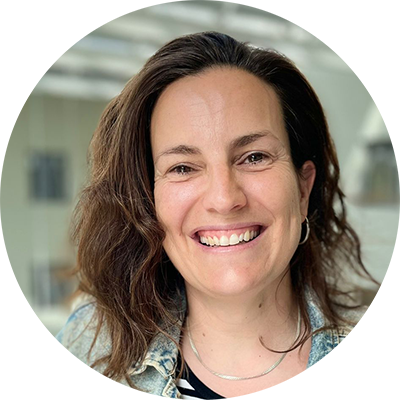
Mariona Graupera
Group Leader at the Josep Carreras Leukaemia Research Institute (IJC), Barcelona, Spain
The overall goal of the Graupera lab is to understand the mechanisms that regulate the vasculature in development, homeostasis and disease (e.g. congenital disorders, obesity and cancer). She received her training in world-leading laboratories, working with Prof. Jaume Bosch at the Hospital Clinic of Barcelona and Prof. Bart Vanhaesebroeck at the Ludwig Institute for Cancer Research in London. While being a postdoc, she unveiled the requirement of the PI3Kα isoform during angiogenesis. In 2009 she established her lab at IDIBELL in Barcelona. From that moment, she embraced the opportunity to create a multidisciplinary laboratory devoted to study PI3K/PTEN signalling in pathophysiological angiogenesis. In this context, the Graupera lab has made seminal discoveries that are influencing the clinical management of vascular-related diseases. In February 2021, she joined the Josep Carreras Leukaemia Research Institute as Group leader with an interest to study the ties between the hematopoietic and endothelial cell linages. Since June 2022, she serves as president of the European Vascular Biology Organization (EVBO).
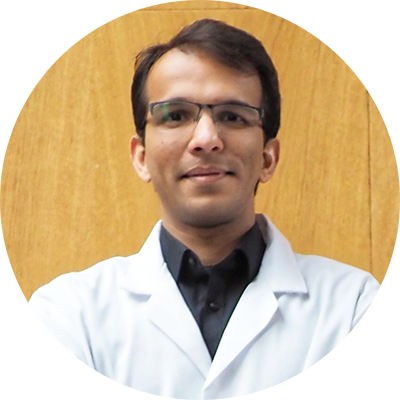
Prateek Singh
Founder and CEO of Finnadvance, Oulu, Finland
Prateek Singh is a bioengineer turned entrepreneur living in Finland. He holds degrees as an engineer in biotechnology and a master’s degree in biochemistry and protein science. He currently leads a 21-person team at Finnadvance, an EU funded startup developing platform technologies for better modeling of human diseases-on-chips, providing alternatives for reducing and replacing animal tests in drug R&D. He has published 8 peer-reviewed articles, and holds 22 filed/granted patents.
He is leading a science-driven team of ex-founders in biotech, to build the AKITA organ-on-chip platform at Finnadvance. With research premises in Northern Finland, Finnadvance is developing high throughput platforms for animal-replacement applications in drug discovery. With funding from EU Horizon and Pathfinder programmes, and backed by science VCs, Finnadvance is deploying its platform for endothelial and epithelial barriers-on-chips for drug and therapy permeability assessment.